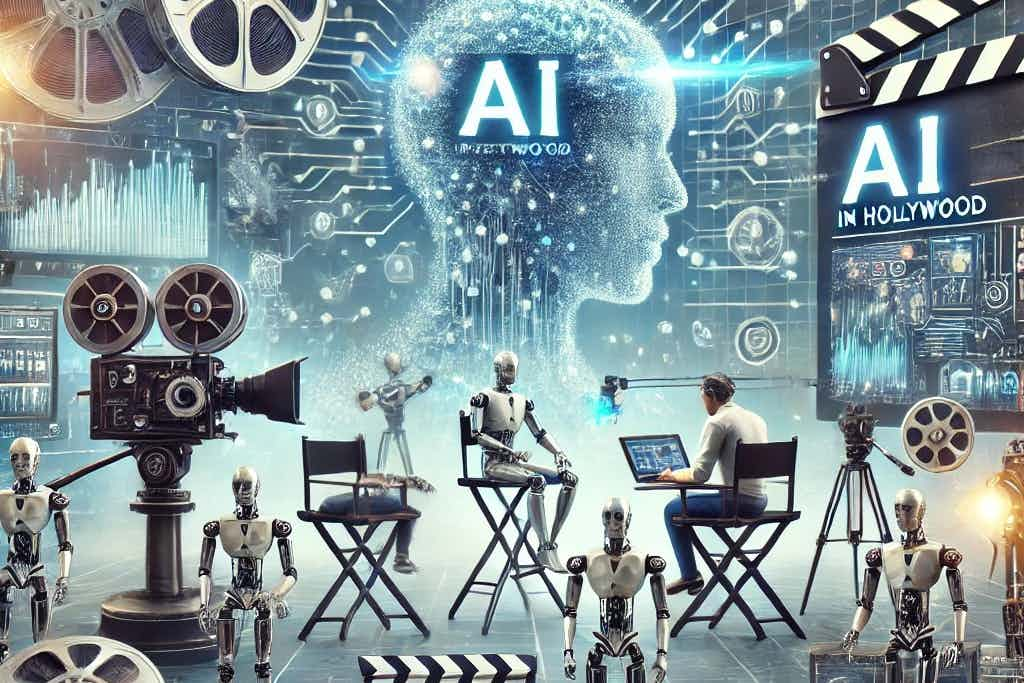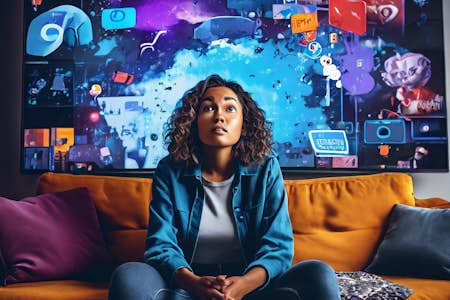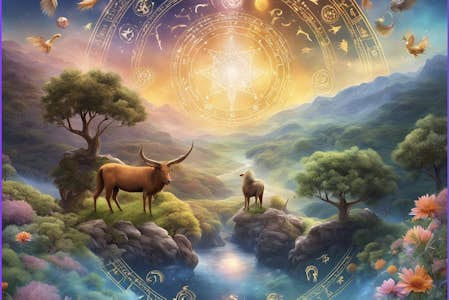Let’s talk about something wild: Artificial Intelligence is now calling some of the shots in Hollywood. No joke. What started as a few nerdy experiments in tech labs has quietly elbowed its way into the film industry—and it’s not just hanging around in the background. AI is showing up in writing rooms, on film sets, and even helping studios decide when and how to release a movie. It’s basically the most tireless (and kinda creepy) intern the film world has ever had.
But before you imagine robots replacing directors or writing Oscar-winning monologues, take a deep breath. The story’s a bit more complicated—and honestly, a lot more fascinating.
Before the Cameras Roll: AI’s Doing Homework
Turns out, AI’s getting involved before a single camera lens sees the light of day.
Script Whisperers
Picture this: You’ve written what you think is the next big blockbuster. Now imagine a software combing through your script and telling you, “Hey, based on a thousand other movies, this scene might flop with audiences.” Harsh? Totally. But also… kinda helpful? Studios are using AI to predict box office potential, suggest cast members, and even spot which moments might emotionally hit—or miss.
Budgets and Timelines Without the Headaches
Producers usually juggle spreadsheets and stress migraines. Now, AI’s stepping in to help schedule shoots and trim bloated budgets. It doesn’t solve every problem, but it can definitely catch the stuff humans might miss—like a location being more expensive on weekends or an actor’s schedule clashing with three others.
Scouting Like a Pro Without Leaving Your Desk
Why send someone across the globe when an AI can scan thousands of locations and match them to what the script needs? It’s basically travel-free location hunting, and yep, it’s saving studios some serious cash.
On Set: The Rise of the Smart Camera Crew
Once filming starts, AI’s not just chilling in the corner. It’s rolling up its sleeves and jumping into the creative chaos.
Cameras With Brains
Some of today’s high-end cameras don’t just record—they think. They can track movement, follow actors automatically, and even recommend better angles. It’s like having a camera operator who never blinks, complains, or takes lunch breaks.
VFX You Can Actually See During the Shoot
Directors used to rely on imagination (and storyboards) to picture CGI effects. Now? AI lets them see a rough version of visual effects in real time—while filming. That means fewer do-overs later and more “aha!” moments on set.
Instant Performance Feedback
This one’s a bit futuristic: Some filmmakers are using AI to analyze how actors deliver lines—checking if the emotion is landing the way it should. It’s not replacing directors (yet), but it’s adding another layer of insight.
In the Editing Room: AI’s Got Opinions
Editing used to take months, sometimes years. AI’s like, “What if we did it faster and smarter?”
Snip, Cut, Done
With access to footage, pacing data, and emotional beats, AI can now recommend where to cut and how to stitch scenes together. Editors still make the final call, but the first draft just got a lot easier.
Next-Level Effects
From de-aging actors to creating full-blown CGI characters, AI is pushing visual effects into territory that used to be reserved for billion-dollar budgets. And it’s doing it quicker—and cheaper—than ever.
Color Grading in Record Time
Colorists used to spend weeks fine-tuning the look of a film. Now, AI can match color tones and moods across scenes in minutes. Still needs a human eye, but it’s a huge head start.
Sound That Hits Right in the Feels
Whether it’s scrubbing bad audio, layering in sound effects, or generating music, AI’s becoming a real player in sound design. Some studios are even experimenting with AI-generated scores—though that one’s a bit controversial with composers.
Selling the Movie? AI’s Already on It
Once the film’s done, AI doesn’t clock out. It sticks around to help get butts in seats (or eyeballs on streaming screens).
Trailers for Everyone
Imagine this: You and your friend see trailers for the same movie—but they look totally different. That’s AI in action. It tailors trailers to different audiences, emphasizing romance for some, action for others. Creepy? A little. Clever? Totally.
Streaming Suggestions That Know You Better Than Your Mom
You ever finish a movie, and the next one it recommends is exactly what you wanted? Not a coincidence. AI studies your viewing habits and makes scarily accurate guesses. It’s why your Friday night binge session never really ends.
The Perfect Release Date? AI’s Got It Covered
AI tools can predict when a movie should be released based on social media chatter, other competing films, and about a million other factors. Studio execs are listening—closely.
But Hold Up… There’s a Flip Side
Not everything about AI in film is popcorn and applause.
Jobs at Risk
If AI can do the work of five assistants, guess who’s not getting hired? There’s real concern about job loss, especially in editing, scouting, and other technical areas.
Too Much Data, Not Enough Soul
Hollywood’s always chasing trends. AI could make that worse—spitting out films that follow the same formula because “that’s what the numbers say.” But do we really want a world full of algorithm-approved sequels?
Deepfakes & Digital Clones
Using AI to resurrect actors or create digital versions without consent is… dicey. There’s a thin ethical line, and some think Hollywood’s already crossing it.
Where’s the Human Touch?
Filmmaking is, at its core, emotional. Can a machine really understand heartbreak? Tension? Love? Probably not. At least, not yet.
So, What Now?
AI’s not going anywhere. If anything, it’s just getting started. We’re talking fully AI-generated background extras, interactive movies that change based on your mood, and scripts co-written by machines. Wild, right?
But here’s the thing: the best movies—the ones that stay with us—still come from people. From weird, messy, passionate humans telling stories only they could tell. AI can help polish those stories, speed things up, maybe even make filmmaking more accessible. But the heart? That’s all us.
So go ahead, Hollywood. Let AI help out. Just don’t forget who’s holding the pen.












